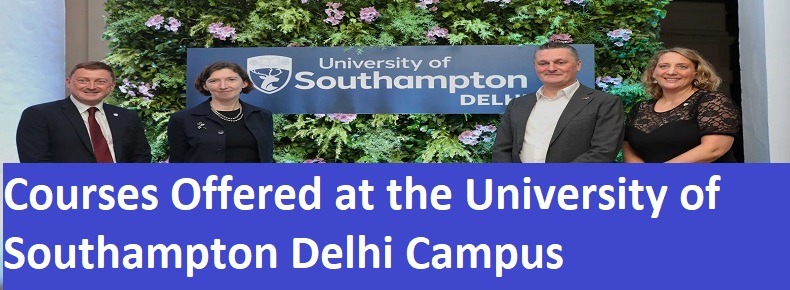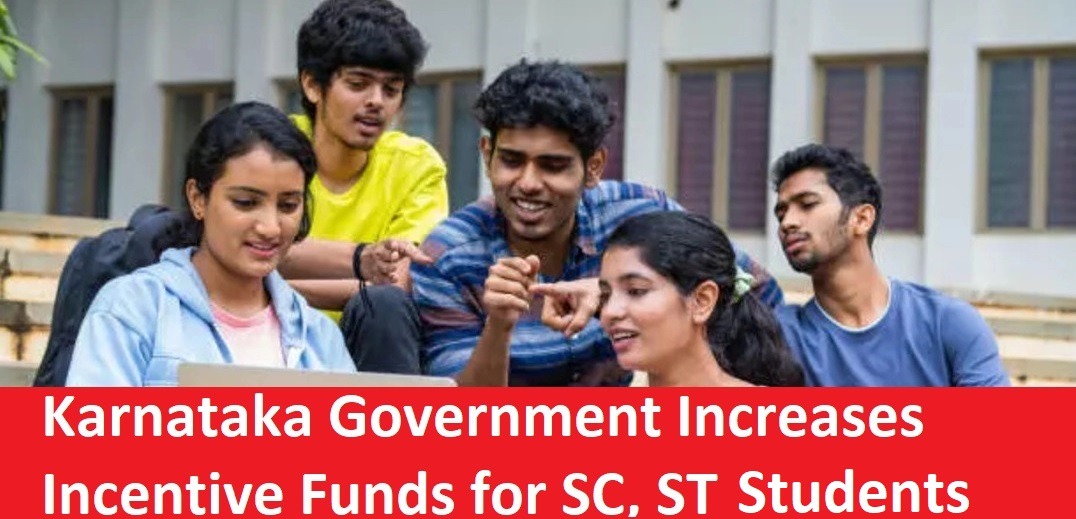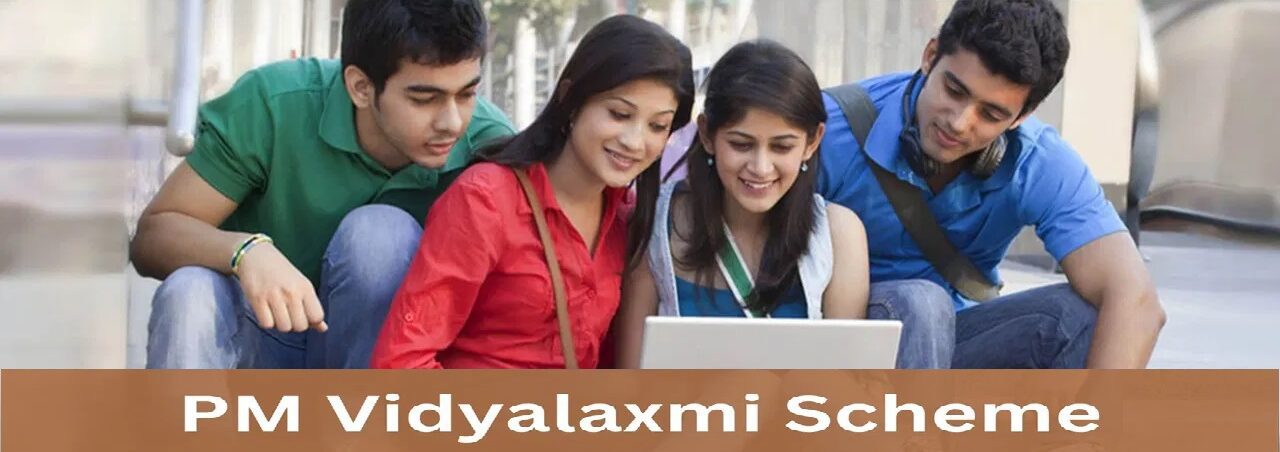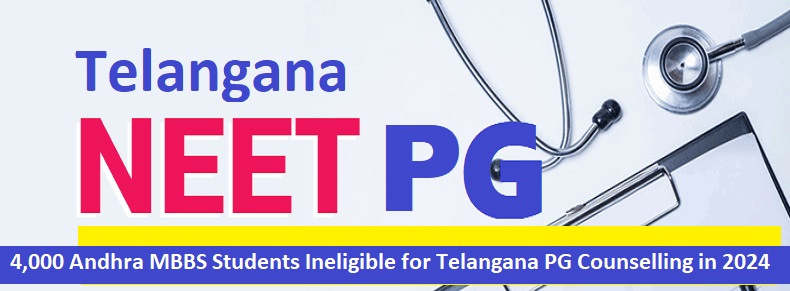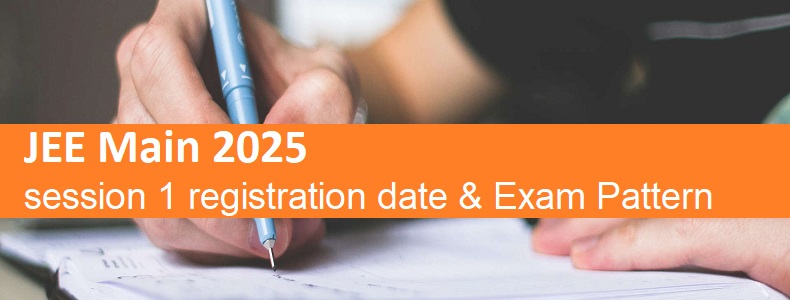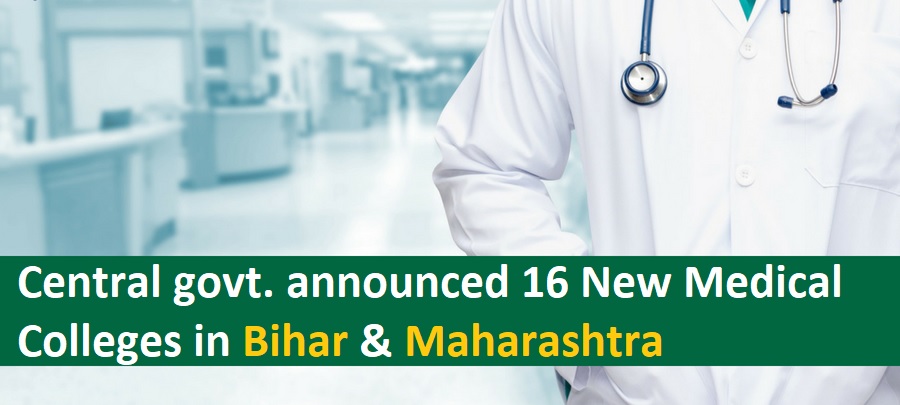IMA Opposes Government’s Proposal for Geriatric Nursing Practitioners
IMA Opposes the Government’s Proposal for Geriatric Nursing Practitioners
T”puram: The Indian Medical Association (IMA) has raised strong objections to the central government’s recent proposal to introduce geriatric nursing practitioners in India. The IMA argues that the move undermines the professional and educational framework of modern medicine, specifically the role of qualified doctors.
IMA’s Stand on Geriatric Nursing Practitioners
According to the Indian Medical Association, the proposal to create a new category of healthcare professionals—geriatric nursing practitioners—is both inappropriate and unnecessary. IMA state president Dr. Joseph Benavan emphasized that, according to the National Medical Council (NMC) guidelines, the fundamental qualification for diagnosing and treating patients in modern medicine remains an MBBS degree.
“The introduction of geriatric nursing practitioners, with the aim of allowing nursing graduates to treat patients independently, is not acceptable under modern medical practice. Geriatrics, being a specialized area of healthcare, requires in-depth knowledge and clinical expertise that can only be gained through a formal medical education,” said Dr.Benavan.
Concerns Over New Roles for Nurses
The IMA’s concerns are rooted in the proposed shift that would allow nursing graduates, after receiving specialized education under the Nursing Council, to take on roles typically reserved for doctors. The association expressed strong disapproval of the idea of conferring the title of ‘doctor’ on nursing professionals, highlighting the distinction between the roles of nurses and doctors.
“Nurses play a critical role in healthcare, supporting doctors in patient care, but their responsibilities and training are distinct. The nursing profession is structured to complement the medical profession, not replace it,” added Dr. K. Shashidharan, IMA state secretary.
Dr. Shashidharan further reiterated that while the IMA recognizes and values the essential contributions of nurses, they believe that introducing geriatric nursing practitioners could potentially diminish the value of the MBBS degree and deny medical graduates the career opportunities they deserve.
The IMA’s Proposed Alternatives
Rather than introducing geriatric nursing practitioners, the IMA suggests that the government should focus on enhancing opportunities for doctors in the specialized field of geriatric medicine. They argue that the best way to address the needs of an aging population is by investing in postgraduate courses in geriatric medicine and family medicine. This would provide medical graduates with the specialized training required to treat elderly patients with complex medical conditions.
The IMA leaders have also called for the establishment of more institutions offering geriatric nursing courses, which would better serve the nursing community and contribute to the growing demand for geriatric care. This, they argue, would help ensure that both doctors and nurses are adequately trained to meet the needs of an aging population while maintaining clear professional boundaries.
Government’s Role in Geriatric Care
The IMA has also urged the central government to take the necessary steps to address the shortage of healthcare professionals specializing in geriatrics. With the elderly population in India expected to rise significantly in the coming decades, there is an increasing demand for specialized medical care for senior citizens.
The association has called for a collaborative approach, where medical professionals, nurses, and healthcare institutions work together to meet the complex healthcare needs of elderly patients. IMA leaders are optimistic that through the introduction of more specialized programs, including geriatric care, India can adequately prepare for the challenges posed by an aging population.
Looking Forward: A Unified Approach to Geriatric Healthcare
The IMA’s resistance to the introduction of geriatric nursing practitioners stems from a broader concern about maintaining high standards in medical practice and ensuring that patient care is provided by appropriately qualified professionals. However, the association is also open to reforms that will benefit both doctors and nurses and improve healthcare delivery for senior citizens.
“Instead of creating unnecessary new roles, the focus should be on building a well-structured, comprehensive education and training system in geriatric care for doctors, nurses, and other healthcare workers. Only then will we ensure that our elderly population receives the quality care they deserve,” concluded Dr.Benavan.





















